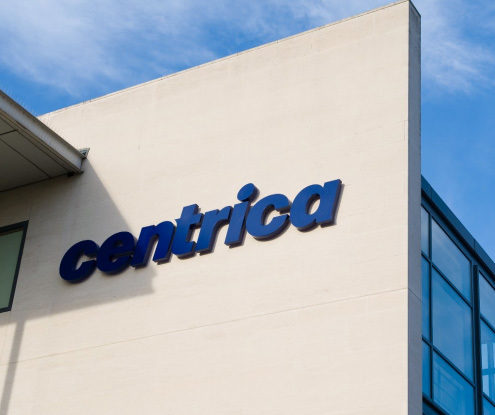
British Gas owner Centrica lost more than 100,000 accounts in the first four months of the year as increased competition continues to see customers desert bigger energy firms.
Centrica revealed that it lost a total of 110,000 UK energy supply accounts in the period, partly due to what it called “competitive intensity”.
However, the company claimed that “net consumer customer account losses” in the year to date “slowed materially”, relative to the average over 2017.
The group also saw increased demand for energy during the cold snap brought on by the Beast from the East.
In a trading update, the group said that “colder than normal weather has increased energy demand”.
The cold snap in February and March saw an “exceptionally” high number of central heating boiler breakdowns, with British Gas fixing 145,000 breakdowns in one week.
It was the firm’s busiest week ever, and the cold weather also contributed to an increase in services customer complaints.
Centrica boss Iain Conn said: “2018 has begun well and overall financial performance in the year to date has been good, despite high competitive intensity in all our markets.
“Our customers continue to see new products and propositions and stable service levels, other than in UK Home Services, which was impacted by extreme weather.”
Additional call-out costs due to the cold weather will also result in a hit to adjusted operating profit for UK services in the first half, which are set to come in lower than the same period last year.
Mr Conn added that the firm is making good progress on its cost-cutting programme.
Earlier this year Centrica said it would axe 4,000 roles under a ramped-up efficiency programme following a 17% drop in annual profits.
The group confirmed that the majority of the cuts will affect both its UK home and business units over the next three years, as it looks to meet a higher cost-cutting target of £1.25 billion per year by 2020.
It comes as the energy market prepares for a government-enforced price cap set to be introduced on standard variable tariffs (SVTs) later this year amid anger over rising bills.
“While the outcome of regulations to impose a temporary cap on all default energy tariffs in the UK remains uncertain, we continue to participate actively in the consultation process,” Mr Conn added.
Last month, British Gas said it would increase energy bills for 4.1 million dual fuel customers on its standard variable tariff (SVT) by an average of 5.5%, or £60 a year, to around £1,161 for a typical dual fuel customer.
The company blamed initiatives such as the smart meter roll-out and schemes to reduce carbon emissions as well as wholesale energy costs for sparking the rise.
Recommended for you
